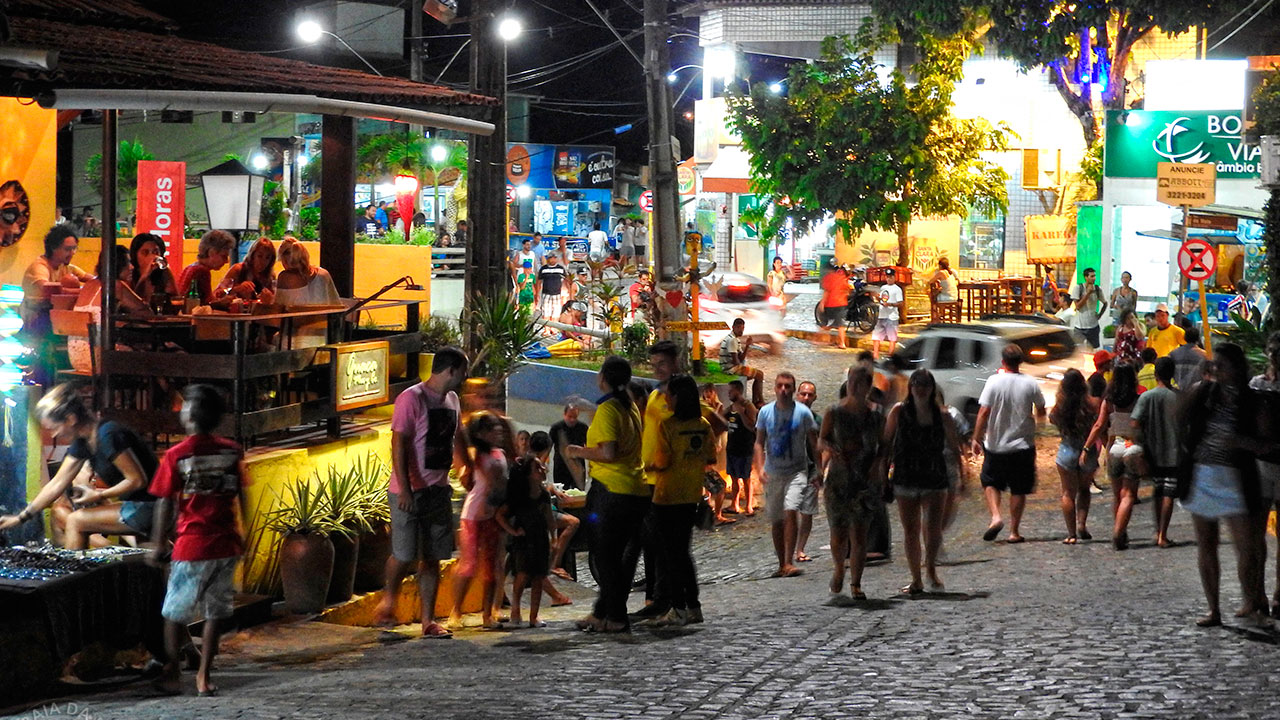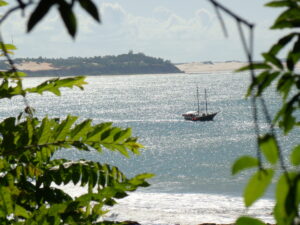One of the most-charming destinations visited in Brazil is Pipa, where the successful implementation and collection of the incentive tax for the sustainable tourism fundamental action has been taken. Finally, this basic action will be effective for the safekeeping of the natural loveliness and responsible progress of this unique destination. This tax is accepted by the local population and the tourists to be very important to make Pipa an animated, sustainable place for future generations.
According to Wanderson Borges, co-founder of one of the most important organizations in regional environmental conservation-Preserve Pipa, the tax represents an excellent tool to engage tourists in the ongoing process of preserving and improving the natural and cultural heritage of Pipa. “The Sustainable Tourism Incentive Tax is much more than a symbolic contribution,” says Borges. “It’s a concrete way of the visitor’s participation in preserving the environment of Pipa itself and in supporting responsible growth for our community. Every contribution, no matter how small, makes all the difference toward building a better future for Pipa.”
Under the Tax Code of the Municipality of Tibau do Sul, this tax will be applied at R$ 4,00 per night of each occupied check in of the hotel. Although the amount is small, it makes a big difference in terms of how tourists can give something back. All revenues raised will be put back in various projects for the benefits of the environment as well as the economy at large. Borges underscores the extent of the investment portfolio: “The tax revenue is distributed to a variety of areas, such as the conservation of our unblemished beaches, acquiring trash bins to keep the surroundings clean, zero-waste educational campaigns, and cultural activities that develop and preserve our rich traditions.”
Tourism in Pipa has increased dramatically during the past couple of decades, turning the once sleepy fishing village into a vibrant tourism destination praised for its beaches, great nightlife, and even the possibility of experiencing native forests in the area. There are more than 300 thousand tourists coming to Pipa each year, and the service sector in the town is considered very important to the economy. Given this important influxing number of tourists, some problems and challenges are identified in regard to the environmental sustainability and preservation of the natural beauty of the area.
The introduction of the Sustainable Tourism Incentive Tax reflects a broader commitment to meet these challenges head-on. This tax not only helps to mitigate the impacts but generates a sense of shared responsibility between visitors and locals towards environmental conservation and community development. As Borges has commented, “This tax is an invitation to each person who comes to Pipa to be a co-author of our tale—a tale of preservation, conscious growth and deep respect for nature, which puts this place in a very special position.”
With initiatives like the Incentive Tax for Sustainable Tourism, Praia da Pipa is becoming a flagship for sustainable tourism, proving that destinations can indeed have it all yet save these exceptional environments and cultures. This will benefit not only the immediate community but also provide for future generations of travelers to come and experience the magic of Pipa.





